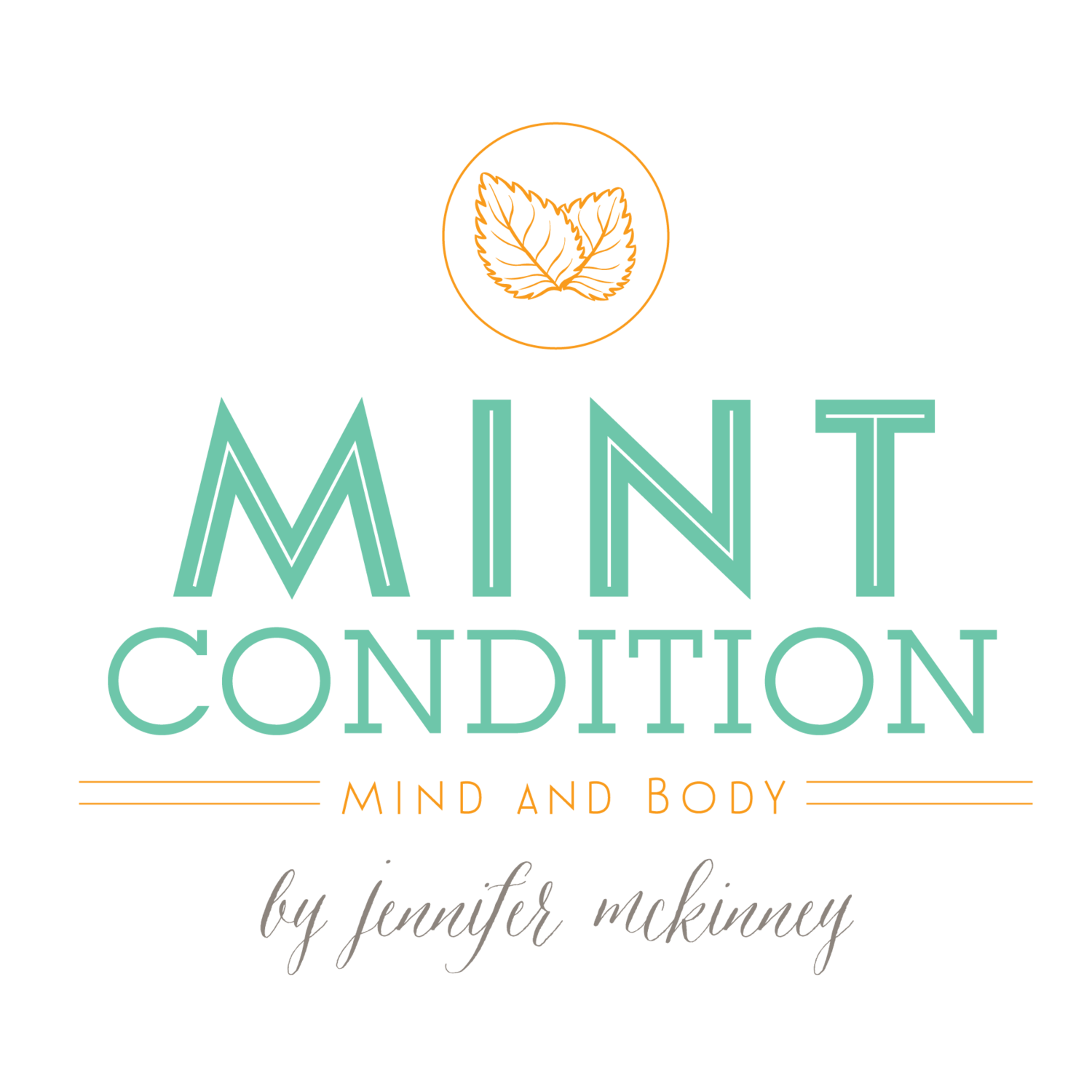1. Get rid of fast food. I understand that in some emergency situations fast food is the best option, but if you are trying to clean up your diet fast food must go. If you forgot to bring your lunch and are in dire need of a meal or a snack, you're better off stoping at a grocery store, health food store or even a gas station to find a better option.
2. Stop drinking your calories. Put aside the fact that water is fantastic for your entire body and calculate all of the calories that you are drinking throughout the day. Caffeine fix each morning (flavored coffee drink or soda, cringe), sweet tea or more soda with lunch, another caffeine fix in the afternoon, a sports drink during your workout, and a cocktail (or 2) after work or with dinner. This can total an extra 500-700 calories per day, which unaccounted for can lead to a one pound gain each week!!!!!!
3. Have breakfast every morning. Yea, yea, yea... most important meal of the day. While some may argue that the timing of your meals does not matter, starting your day with a balanced meal provides energy and allows you to focus on tackling your to do list. It gets your metabolism started and prevents random binge eating on bagels and donuts at the office. Focus on protein, whole grains, and fiber!
4. Start reading food labels. Becoming a label snob has never really been my style (except for really wanting Jenko's and Doc Martens in high school), but checking out the label on your food needs to become second nature. Blindly eating what ever you grab will keep you far from a healthy and happy body. Even if you don't know what you're looking at, start with the ingredients list. If it is filled with a ton of random complex and scientific looking ingredients, see if you can find one with more real ingredients that you recognize.
5. Eat real food throughout the day. Again, there are some in the fitness world that believe timing your meals is not as important as ensuring that you are consuming that proper amount of macronutrients (grams of carbs, protein, fat, and fiber). No matter what school of thought you have about meal timing, managing your hunger levels will help you stick to your plan. If you are "starving" you will be more likely to ditch your healthy plan and eat the next thing that comes your way. Try and mix in "real" food, food in its most natural and unprocessed form.
6. Learn how to curb your cravings. As you begin to focus on making healthier food choices, you will start to recognize your specific cravings. No matter what they are, salty, sweet, creamy, or crunchy, you will need to find replacements for your cravings. Greek yogurt with honey instead of ice cream. Pistachios instead of potato chips. Dark chocolate squares for sweet. Sometimes you can even use activities to distract you from "boredom" cravings, like painting your nails or reading a book. A good place to start is with a big glass of water!
7. Keep a Food Journal. Keeping a food journal is just like balancing your check book and just like balancing your check book there are now tools that make food journaling a lot easier. Not knowing how many calories you are regularly consuming can make reaching your goals rather difficult. This does not have to be a 24/7 habit but until you have a handle on what your typical portions should look like, food journaling is important. My clients and I love the Lose It app!
8. Make healthy meals ahead of time. As you travel along your healthy food journey you will start to recognize that preparing healthy meals does take time. You will also recognize how easy you can make your life by taking a little time each week to prepare some meals or snacks ahead of time. My top priorities are breakfast and dinner. Check out the Mint Condition Pinterest page for ideas.








